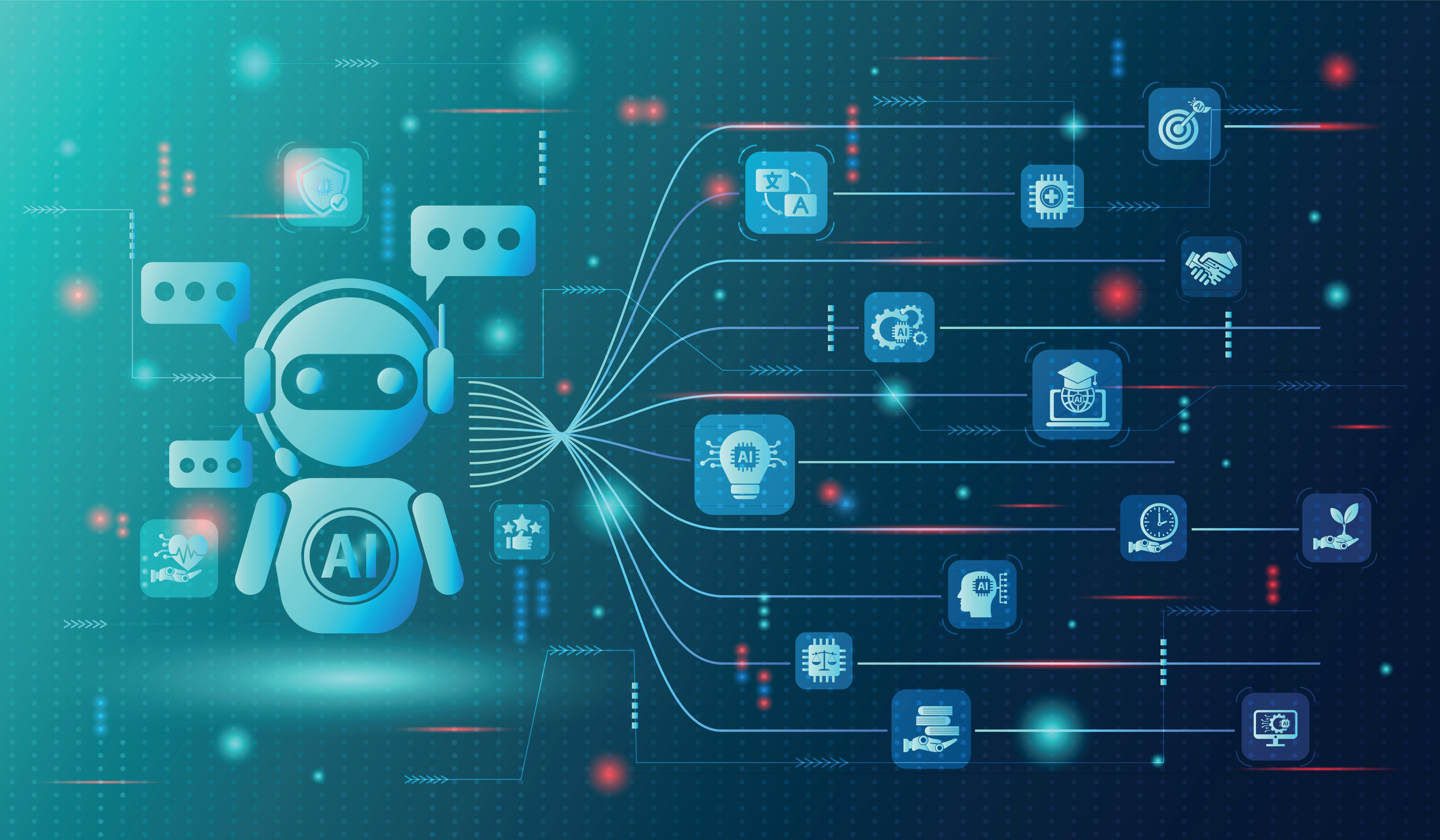What is agentic AI? The risks and opportunities for financial institutions

Over the last two years, businesses across all sectors tried to find AI use cases. But as everyone is scrambling to get to grips with generative AI, the technology evolved! We hear from Tracey Follows, CEO of Futuremade, who shares her vision of agentic AI and what AI will be able to do with data in 20 years’ time! (Read the transcript below.)
Will you give us a brief overview of what agentic AI is and how it's different from generative AI?
Yes, because there's been so much hoo-ha about generative AI – lots of reports and lots of noise about it.
But agentic AI is actually, I think, much more powerful. I think the big shift and the way to think about it is the move from AI as a tool to AI as an actor, because agentic AI (I guess the clue is in the word agent, agentic, agency) is actually going to have its own agency, carrying out tasks autonomously on your behalf or on a company's behalf, without you having to intervene.
So in a way, it's like outsourcing some decisions and some behaviour, particularly even some financial decisions and behaviours. That's exciting, but also quite scary.
Give us a preview – what does this mean for banks and fintech specifically? Is it something that they should be looking into using?
It's available now, both in the UK and the US. Totally, they should be looking into it and I'm sure lots of people are.
There are trust issues around it, because obviously, you're thinking about what platform might you use for any of this? Is it going to be one of the big tech platforms? Are they trusted enough? Banks work so hard to gain their trust with their users, their customers, their clients, so actually, is that the right way? Or will people build their priority platforms themselves and use those?
I think it's going to take us somewhere pretty interesting where we start to see lots of different data streams converging, because one of the things agentic AI is going to be able to do is converge and analyse lots of data streams. It won't just be financial data, it'll be biological data, physiological data, cognitive or neurological data. That's really exciting, but also presents huge challenges for regulation or even just setting the right framework for ethical guidance. Issues around privacy and security go far beyond what we’re even thinking about today.
[…]
We hear that data is the new oil. We've been hearing that for how many years? 20 years? No, data is the new blood. That's the way I want people to think about it. That's the metaphor that really does justice to the vital, intimate, personal nature of the kind of data that's now going to be flowing into AI and particularly agentic AI to help it make decisions. That encompasses our neurological functions, cognitive functions, physiological functions, alongside our financial decision making. So in 20 years’ time, it'll be hard to remember a time where we made major financial decisions that didn't take this kind of data into account.